How Vegan Are Your Veggies?
By Stephanie Lucas
Those of us who are vegan know that what we eat matters when it comes to the well-being of animals, the environment, and our own health. But do we ever consider that the manner in which our food is grown also has an impact? Even if our diets are strictly plant-based, we may be unwittingly supporting animal factory farm industries, contributing to environmental decline, and impacting our health.
Our current systems of food production are now being widely debated and acknowledged to be unsustainable, polluting, and hugely contributing to global climate change. Industrial agriculture is heavily reliant on fossil fuels to produce the fertilizers and pesticides used to grow huge monocultures of feedstock for animal factory farms. Organic farming is promoted as more environmentally friendly and sustainable, but then relies heavily on animal by-products (e.g., manures, and bone, blood, feather, and fish meals) from factory farms and slaughterhouses. Regenerative agriculture is currently being touted as the most environmental and climate-friendly alternative, but also relies on those same animal inputs, and is unlikely to be able to meet our future food needs sustainably.
The good news is that veganic (vegan-organic) agriculture is emerging as a viable, sustainable alternative to these agricultural systems. By eliminating the chemicals of industrial farming and the animal by-products from CAFOs (concentrated animal feeding operations) and slaughterhouses, we can grow produce by simply fertilizing plants with other plants. Just as we don’t need to eat animal products to be healthy, we don’t need chemicals, blood, bones, feathers, fish, nor even the manure of animals to grow healthy plants. Most soil nutrients originate directly or indirectly from decomposing plant life. Cycling plant material through animals to grow food is not only unnecessary, but inefficient. In soil, macro- and microorganisms do the conversion with less nutrient and energy loss, plus produce less CO2.
Currently this environmentally friendly method is gaining popularity and has been in practice commercially in Canada, Europe, and even here in Portland, Oregon! Best of all, it’s very easy to incorporate these practices in our own home gardens. With the growing season upon us, what better time than now to get started? To learn more, please check out the info and links on our NW VEG website: https://nwveg.org/veganic-gardening

